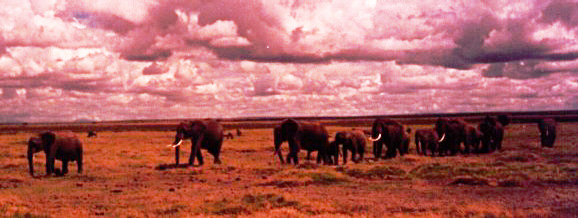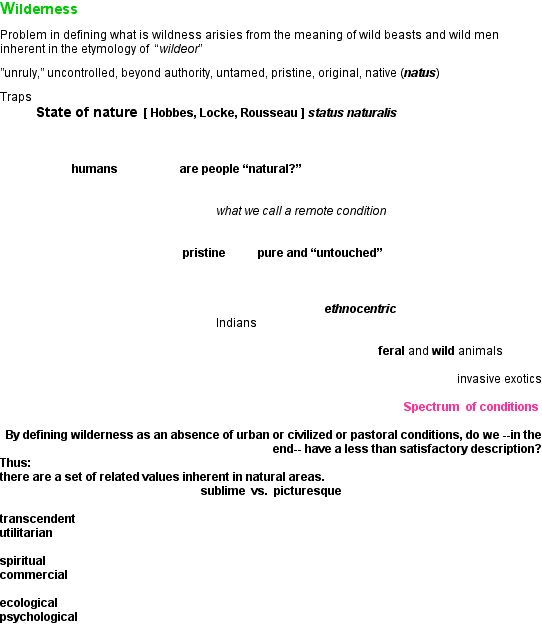
"In wildness is the preservation of the world."
![]()
The dilemma for the course:

dilemma | contrasting dialectics | resolution
They are two competing authors who have both superficial and substantial differences when considering wilderness but would agree on the need to defend wildlife, subsistence depending on fisheries and wildlife, and the ecosystem services natural areas provide.
Superficially Roderick Nash is an historian and Terry T. Williams is a nature writer, but by an incisive dialectic we mean more than surface differences that distinguish their approaches to wilderness.
 |
characteristics |
Nash | Williams |
|---|---|---|---|
| Substance: | rational | emotional | |
| Means: | analytical | descriptive |

| opposites | material, of substance | sensational, abstract |
|---|---|---|
| use | Utilitarian | Transcendent |
| value | Commercial | Spiritual |
| measure | Ecological | Psychological |
dilemma | contrasting dialectics | resolution
Rivers remind us we are caught in a larger, swift stream of time.
Wilderness may be understood more in its exceptions, that is to say in the absence of certain disturbances, than by describing the many obvious and more subtle features that have been attributed to wild conditions or are appreciable characteristics of its presence among us.
Childe Hassam, The pond at Appledore, Mt. Desert, Maine; 1890. Oil on Canvas, American.
![]()
dilemma | contrasting dialectics | resolution